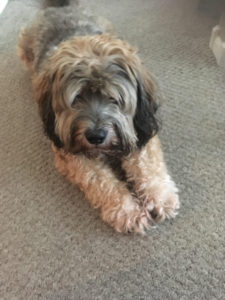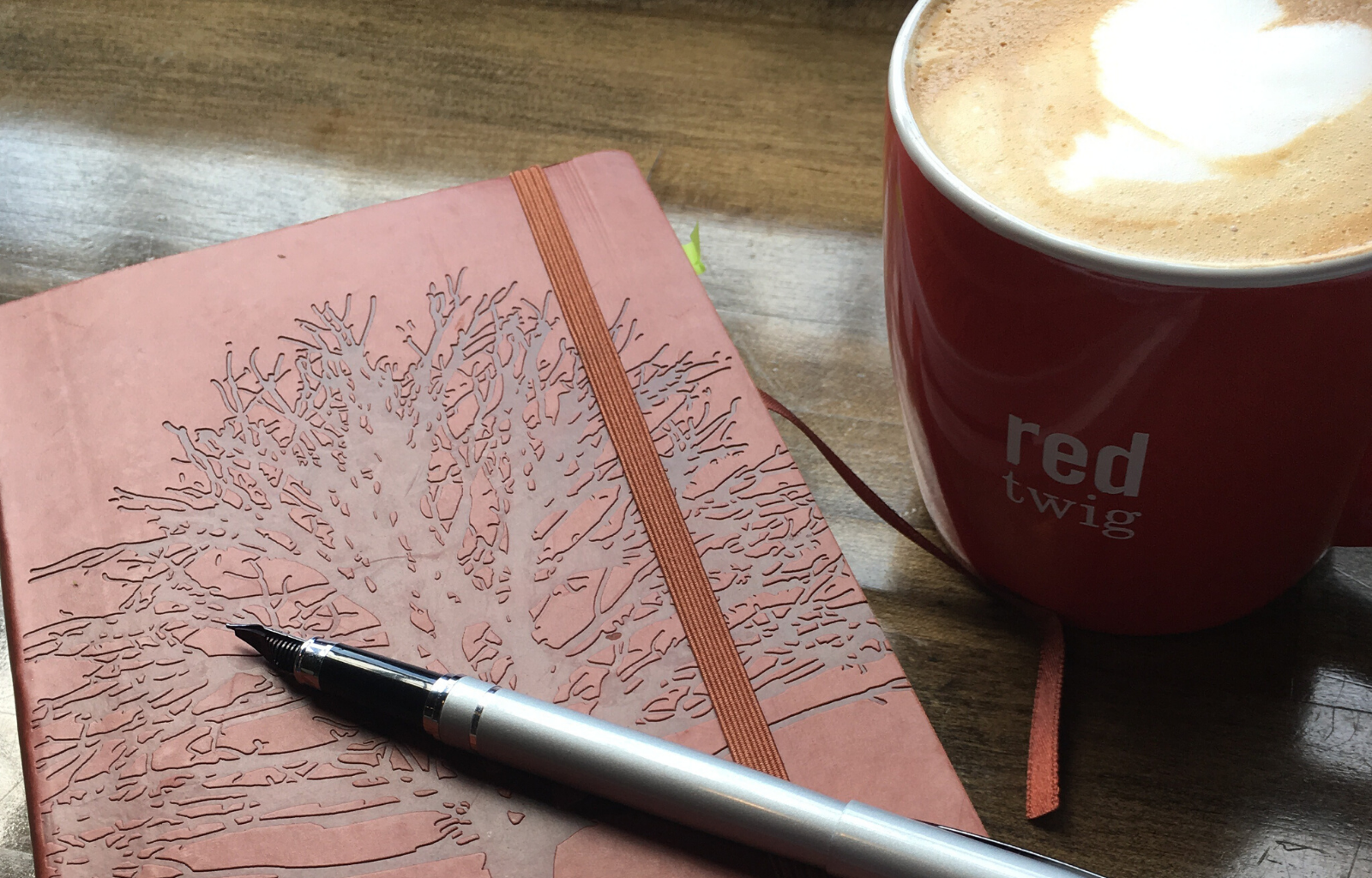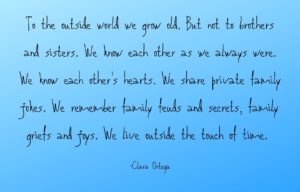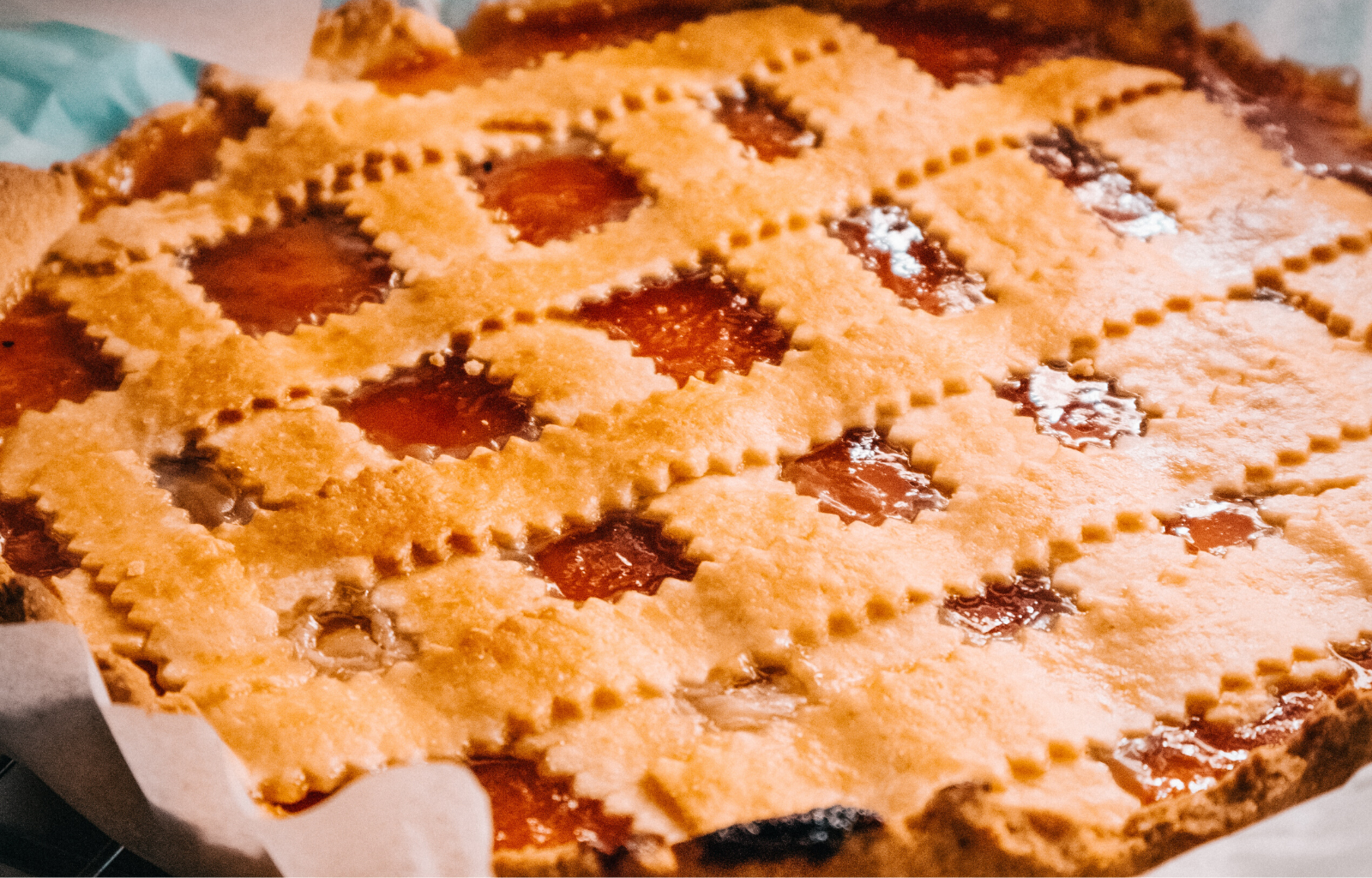Where’d You Go, Bethany?
 This coming Saturday, January 18, at 4:30, I’m leading a poetry workshop at The Book Tree in Kirkland, a book store owned and operated by poet Chris Jarmick. I’m also the featured reader a little later in the evening. Open mic runs until 8 p.m., and if you show up, there are many fine restaurants within walking distance. We will decompress together.
This coming Saturday, January 18, at 4:30, I’m leading a poetry workshop at The Book Tree in Kirkland, a book store owned and operated by poet Chris Jarmick. I’m also the featured reader a little later in the evening. Open mic runs until 8 p.m., and if you show up, there are many fine restaurants within walking distance. We will decompress together.
Meanwhile, our dog, Pabu, is convalescing from surgery and I’m doing quite a lot of hanging out with him, and reading. A bit from my list:
Rita’s Notebook, a blog I follow and which always has exceptional posts, and often includes amazing links to more poetry and creative writing news. The link will take you to an “In Memoriam” post about the man who published my first book, The Coyotes and My Mom, and to whom I will be forever grateful.
The Last Painting of Sara de Vos, by Dominic Smith. In 2019 I read mystery after mystery after mystery (hoping to understand how it’s done), but over the Christmas break I picked up this book and could not put it down. A forgery of a 17th century Dutch painting lies at the heart of this novel, and the writing is detailed and … well, mind-blowing. The novel’s construction–braiding together 21st century Australia with 1950s Manhattan and the Netherlands in the 1600s–dazzled me.
I have also been rereading Write Away by Elizabeth George. I can’t say enough about this book. George explains how she creates her characters (I’m quite hooked on her Inspector Lynley mysteries, which are chock-full of literary magic) and pretty much every nuance of her process. She also shares snippets from her own journal. Here’s one that especially resonates with me:
“This is the moment when faith is called for. Faith is the creative spirit within me, which is part of what I’ve been given by God; faith in the process; faith in my intelligence and imagination. If I’ve managed to imagine these characters and this situation into being, doesn’t it follow that I should also be able to imagine my way through to the end of the book? It seems so. Thus…I suit up and show up. I sit down at the computer and I do the work, moving it forward a sentence at a time, which is ultimately the only way there is to write a book.” — Elizabeth George (Journal of a Novel, July 6, 1998), Write Away
It would be lovely to see you on Saturday at The Book Tree.





 Why a blogpost today? Where should I begin? (Where does anyone begin?)
Why a blogpost today? Where should I begin? (Where does anyone begin?)
